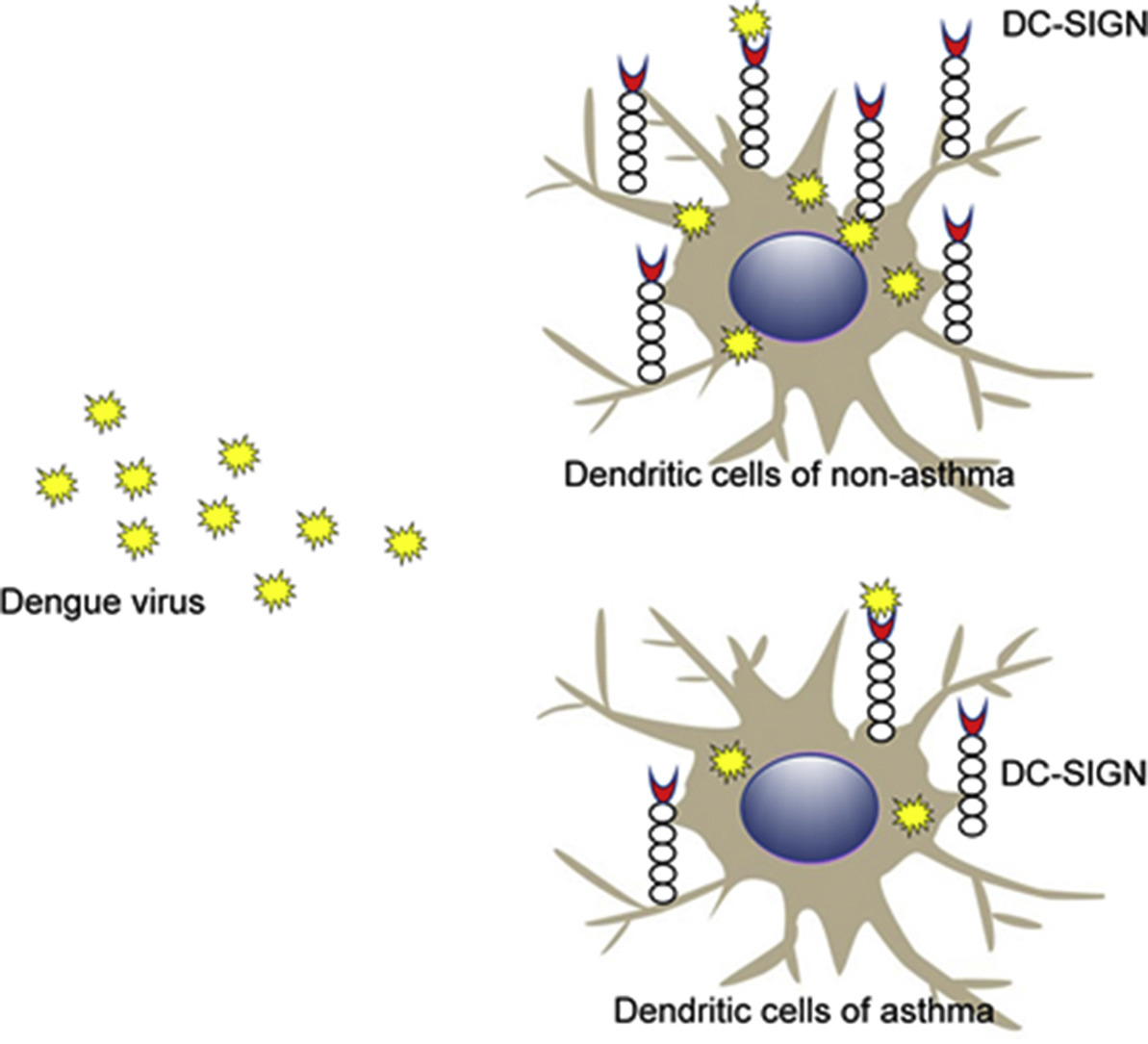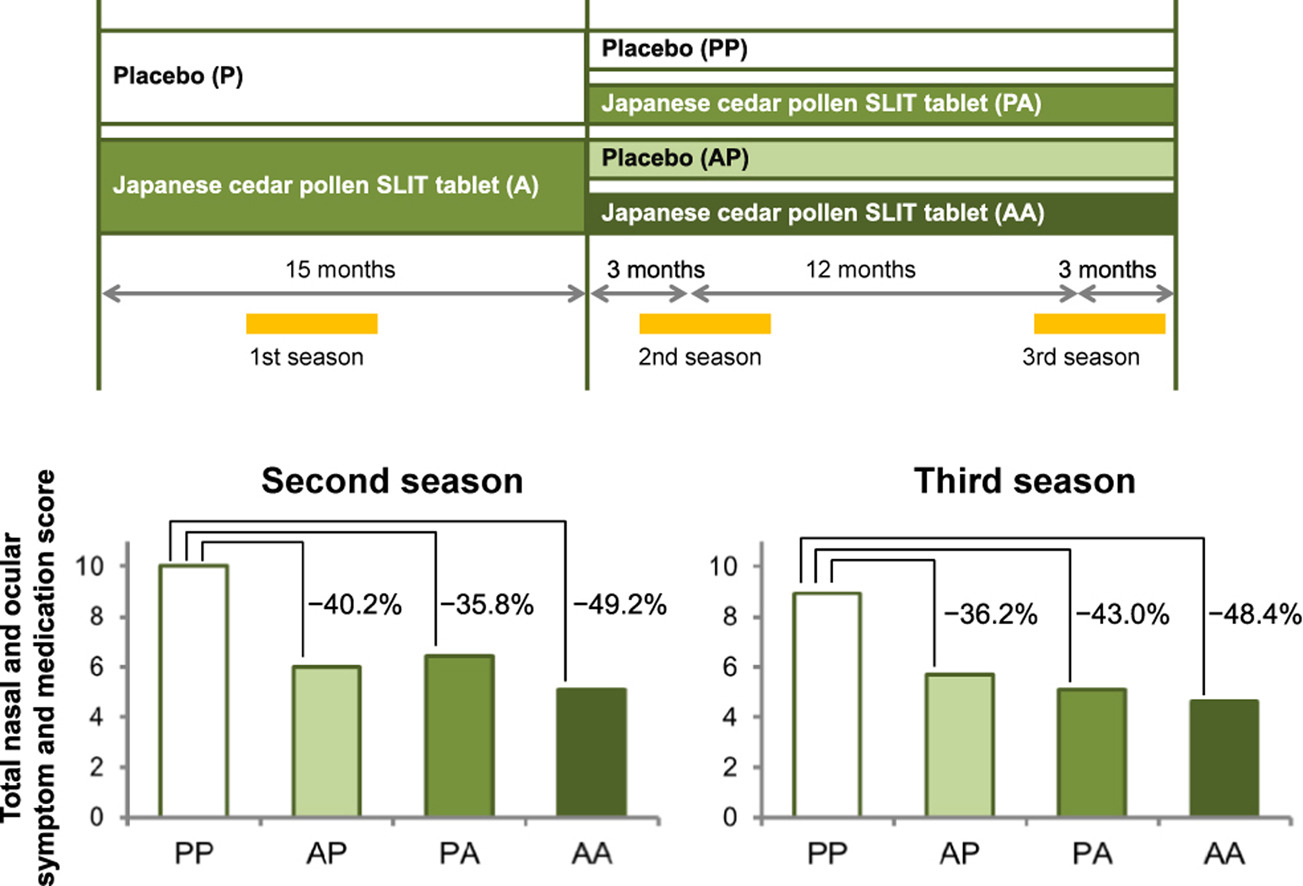Volume 68, Issue 4 (October 2019)
Editor's Choices
Editor’s comment: A wide range of climatic conditions in Japan, from subarctic to subtropical, indicates a substantial regional difference in dominant environmental allergens. Minami et al. have assessed these differences in the prevalence of sensitization to 19 environmental allergens by using the collected data (about 20 million tests) on allergen-specific IgE antibodies nationwide. They have shown that the regional differences for pollen, insects, and fungi are remarkable, whereas that for house dust mites is not significant. These results provide useful information for clinicians when they decide which allergen-specific IgE antibodies should be measured.
Editor’s comment: Various environmental as well as genetic factors affect the susceptibility to Dengue fever (DF), a representative mosquito-borne viral disease. Yu et al. performed a nationwide population-based cohort analysis to analyze the relationship between asthma and DF in Taiwan. They found that a protective effect of asthma against DF existed, regardless of sex, age, or socioeconomic status. As the molecular mechanism of action, they have shown that mite allergen treatment decreases DC-SIGN expression and subsequent Dengue virus entry into monocyte-derived DCs.
Editor’s comment: Japanese cedar (JC) pollinosis is the most common seasonal allergic rhinitis in Japan and affects patients of all ages. Yonekura et al. have reported the results of a randomized, placebo-controlled, double-blind clinical trial investigating the optimal dose and long-term efficacy and safety of JC pollen tablets for sublingual immunotherapy (SLIT). They have shown that JC pollen SLIT tablets not only relieve nasal and ocular symptoms but also reduce the use of rescue medication, improving QOL in a treatment duration-dependent manner.





